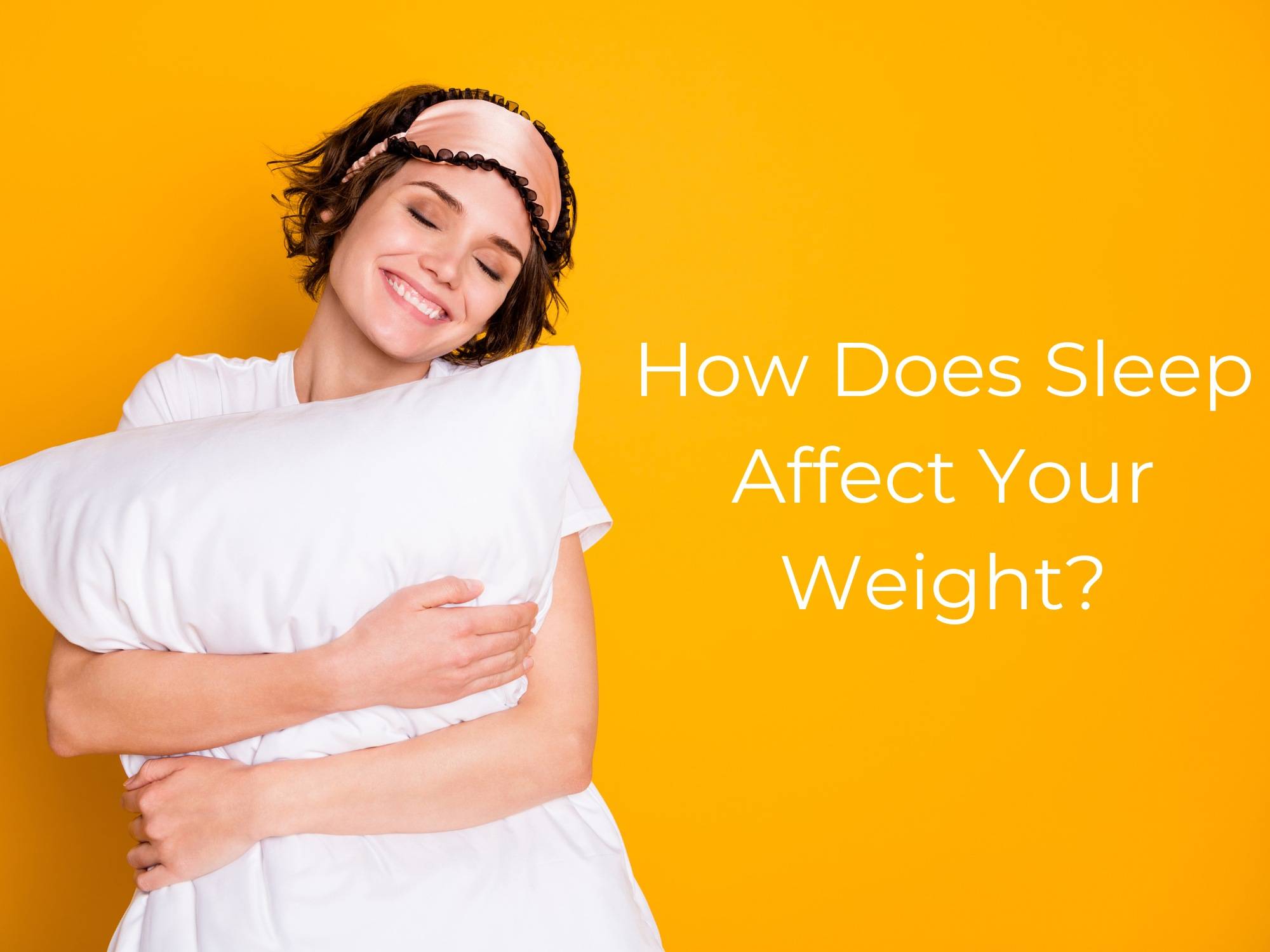
A Healthier Weight, Easier than Diet & Exercise
If you’ve ever tried to lose weight- and most of us have!- you have most likely gone about it in one of three ways: adjusting your diet, increasing your physical activity, or a combination of the two. These are widely known to be beneficial in weight loss as well as overall health.
But what if there was another option- another method to help control your weight?
Fortunately, not only does this weight loss secret exist, but it is so simple, you can do it in your sleep. As a matter of fact, it is sleep!
The Research Around Sleep & Achieving Your Ideal Weight
Growing studies are showing a fascinating connection between getting enough sleep and achieving better success at losing weight. So how can such an integral element of weight control rely on something that we should be doing naturally?
The reason lies in the many benefits that a good night’s sleep has to offer.
What is "Good" Sleep?
It is generally recommended that adults getbetween seven and nine hours of sleep every night. Because of workload, social pressures, andoveruse of tech devices and personal computers, the average adult is gettingless and less sleep, many averaging about five to six hours per night.
But consistently getting over seven full hoursof sleep is worth putting the phone down at night. It can improve your metabolism, curb yourappetite, and enhance your overall physical activity and wellness.
Poor Sleep Stores Excess Calories & Fat
Although our metabolic rate is shown to slow down during sleep compared to during wakefulness, overall sleep dysfunction and deprivation can actually lead to an imbalance in our metabolic function as a whole. Metabolism is the body’s ability to burn calories, and, according to a Penn State study, works to store excess calories and fat instead of burning them when the body is low on sleep.
Conversely, getting sufficient rest every night will maintain a balanced metabolism, allowing the body to steadily burn energy and avoid metabolic-related health concerns like obesity and diabetes.
Poor Sleep Makes You Hungrier
Experiencing “hunger” and feeling “satiated” are far more complex sensations than simply having enough or not enough food in our systems. These feelings are actually produced by appetite hormones in the body called Leptin and Ghrelin.
These appetite hormones rely heavily on sleep to remain regulated. Sleep studies have proven that sleep deprivation significantly lowers the satiation hormone, and can not only boost the hunger producing hormone, but specifically increase craving for high carb foods.
Poor Sleep Keeps You Feeling Low
Sleep health plays a big role in overall wellbeing and mental health, which in turn, affects weight concerns. Depression and unhealthy weight, especially obesity, link together in an unhealthy cycle where one triggers the other, which then creates a snowball effect of furthering depression and weight gain.
While breaking this cycle is difficult, addressing sleep needs can lead to an improvement in both weight and depression. Enough sleep time allows for the brain to process emotions and memories, easing emotional reactivity and depression.